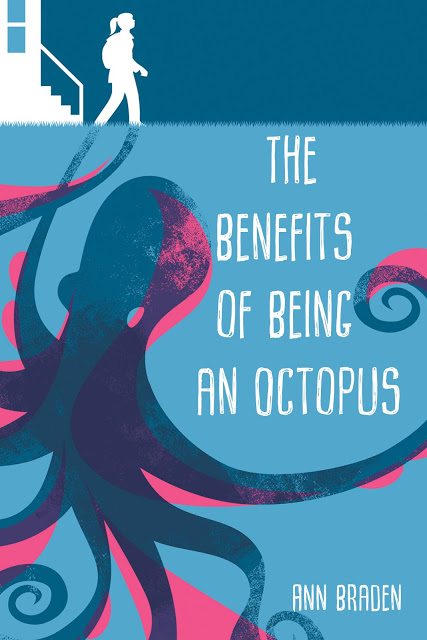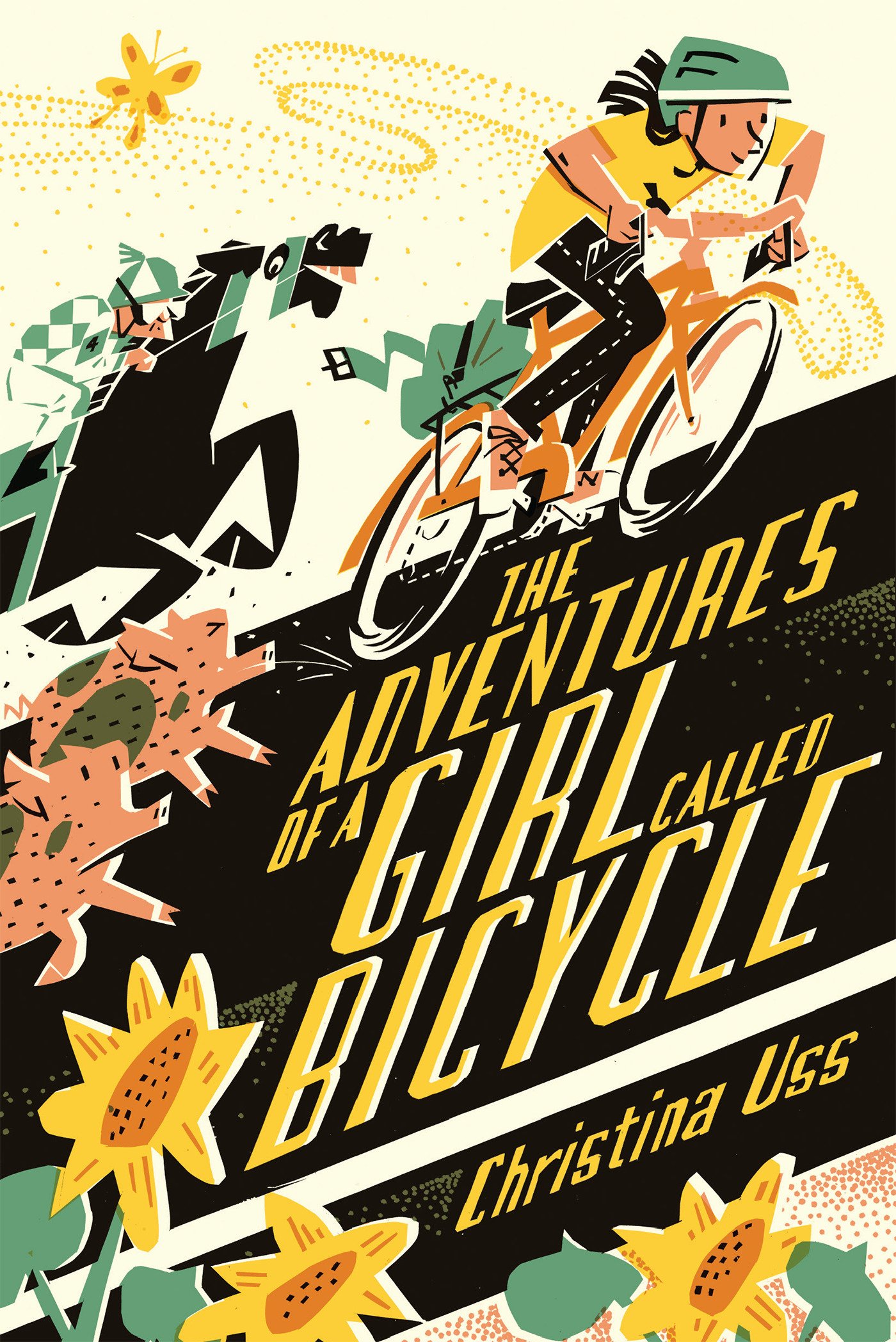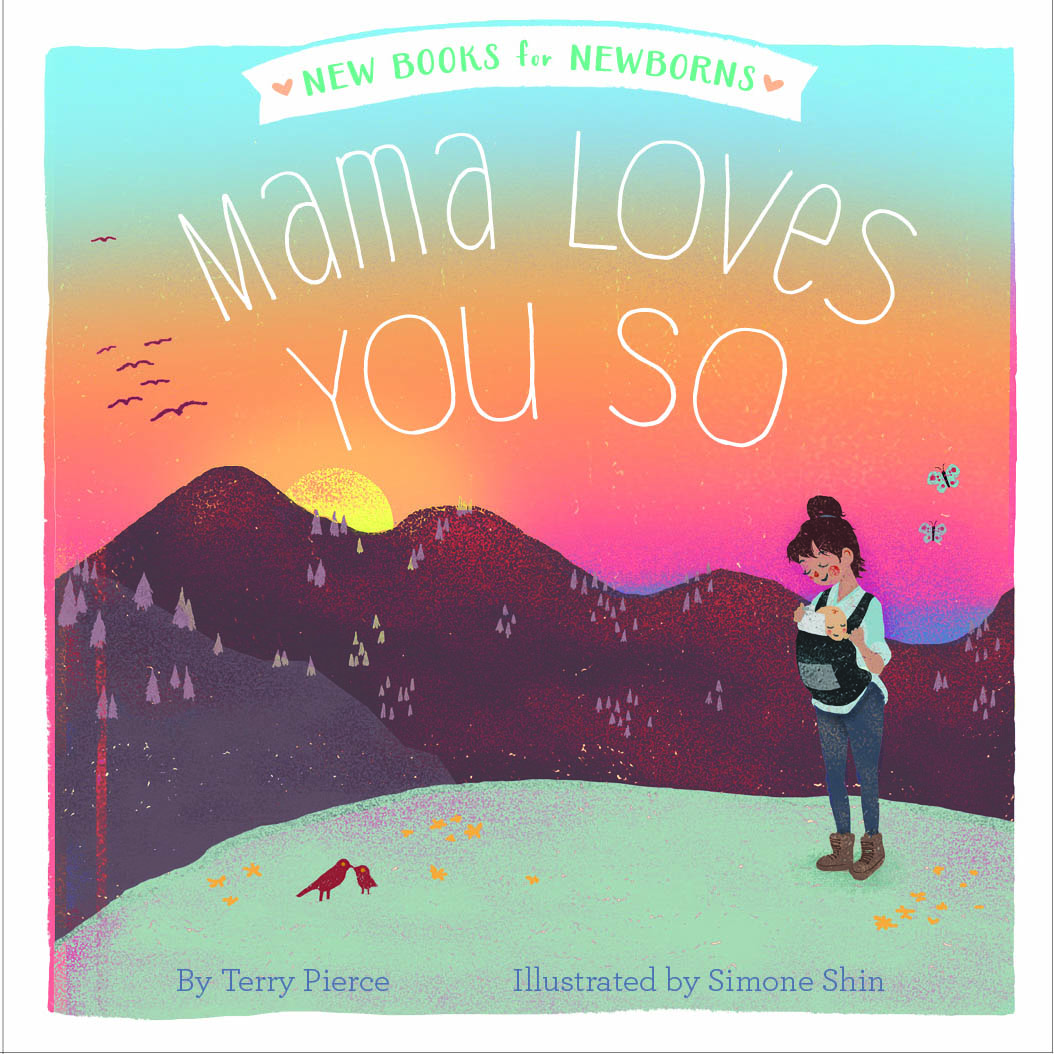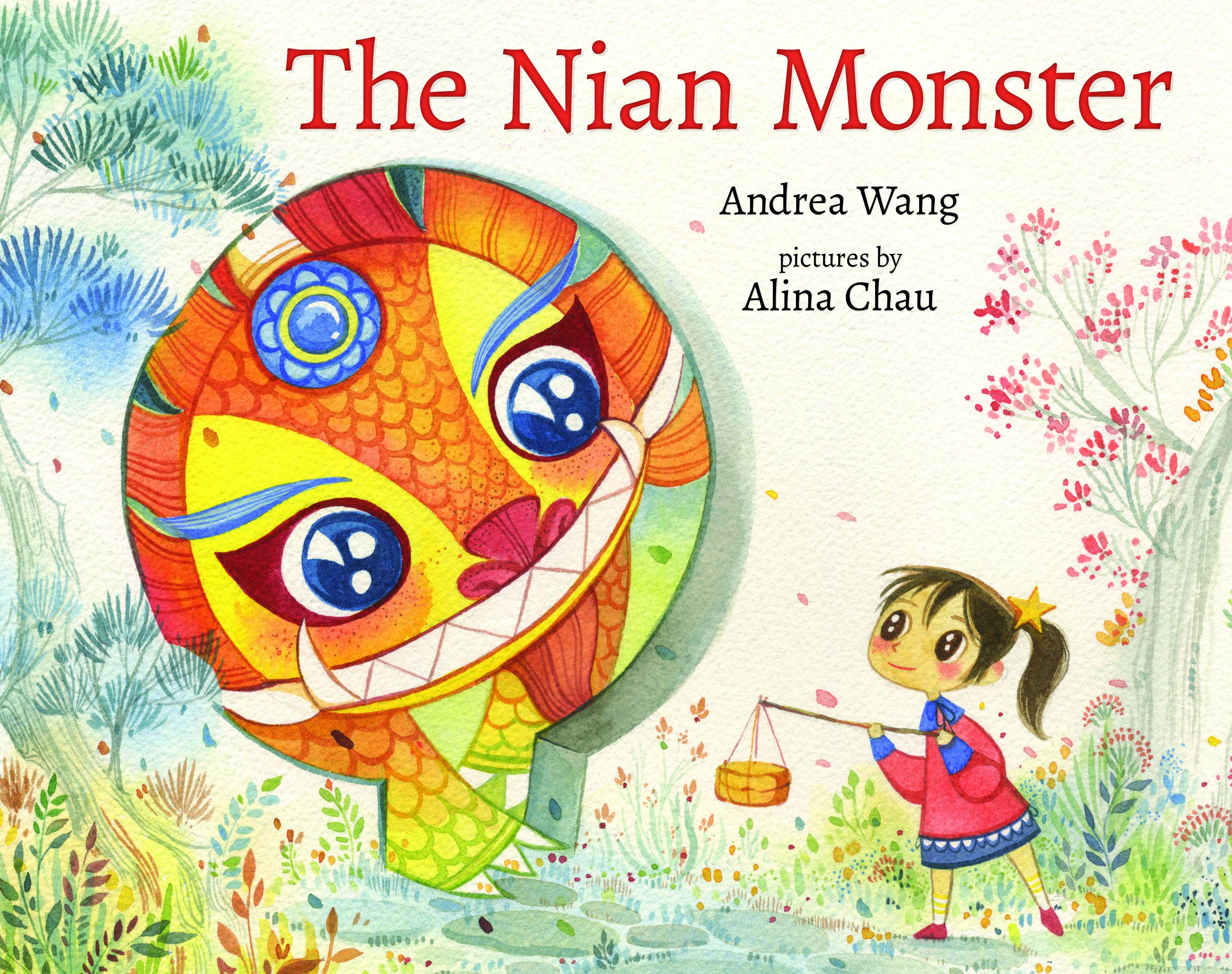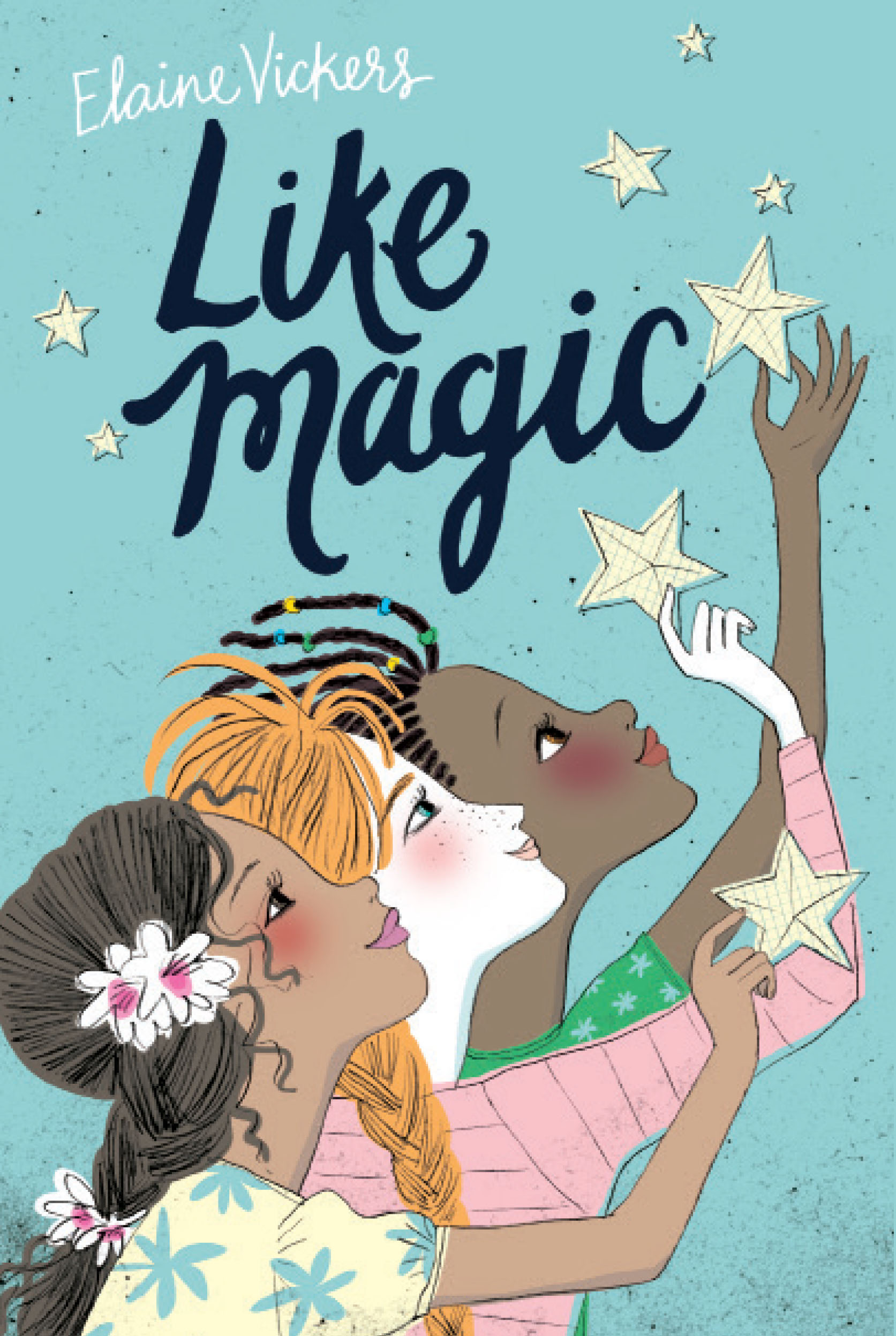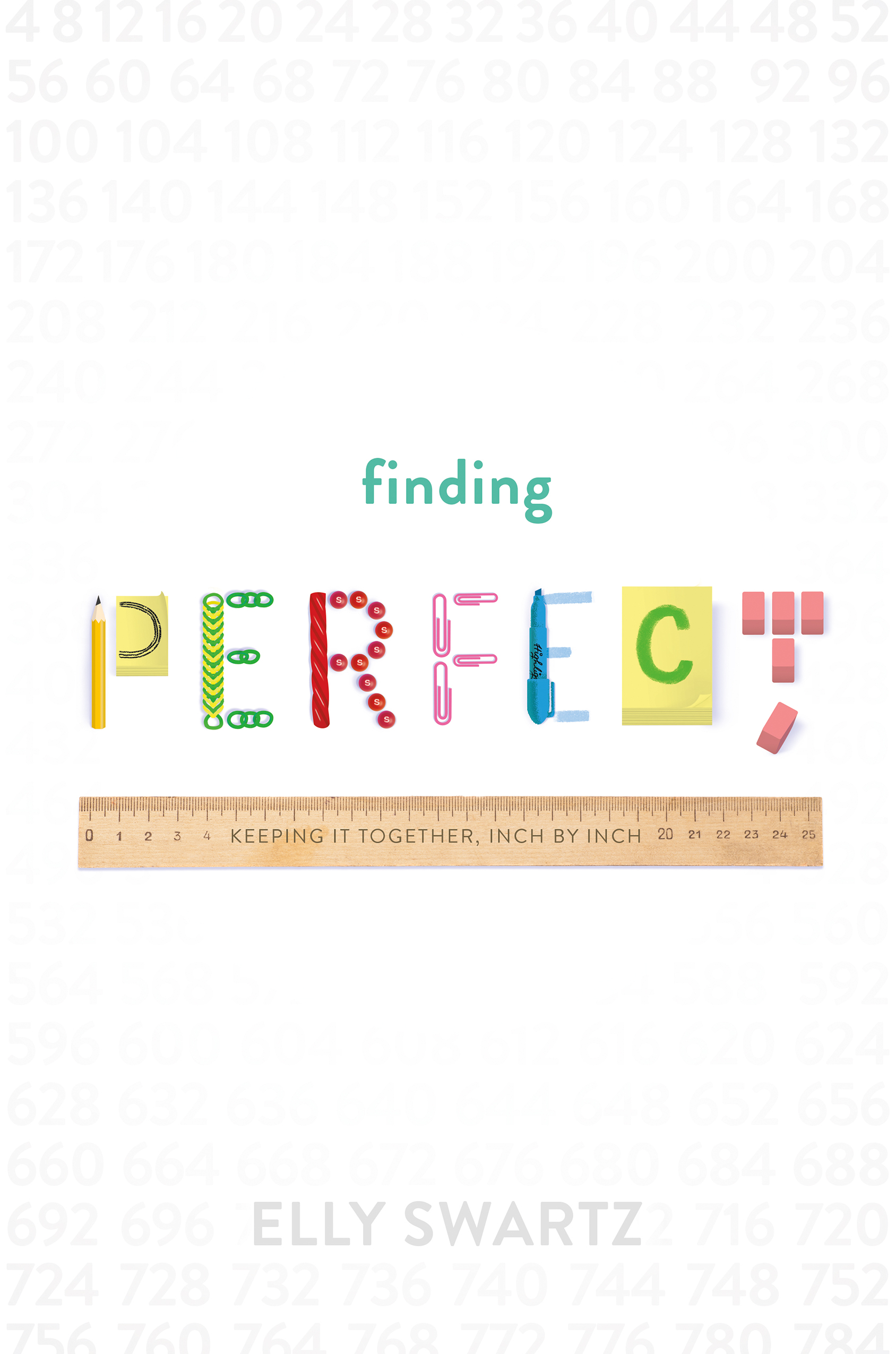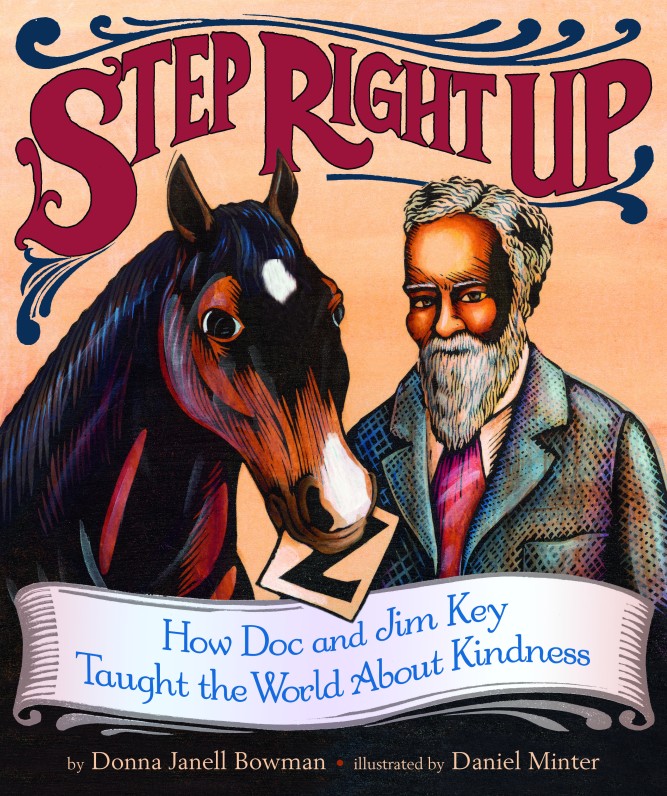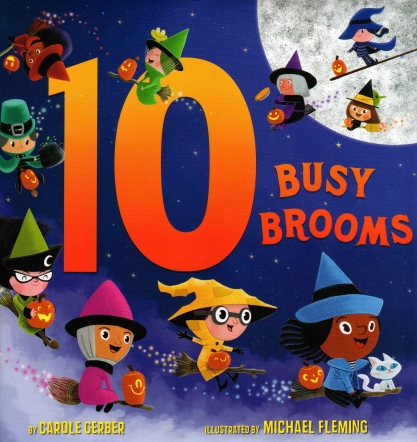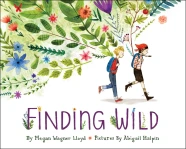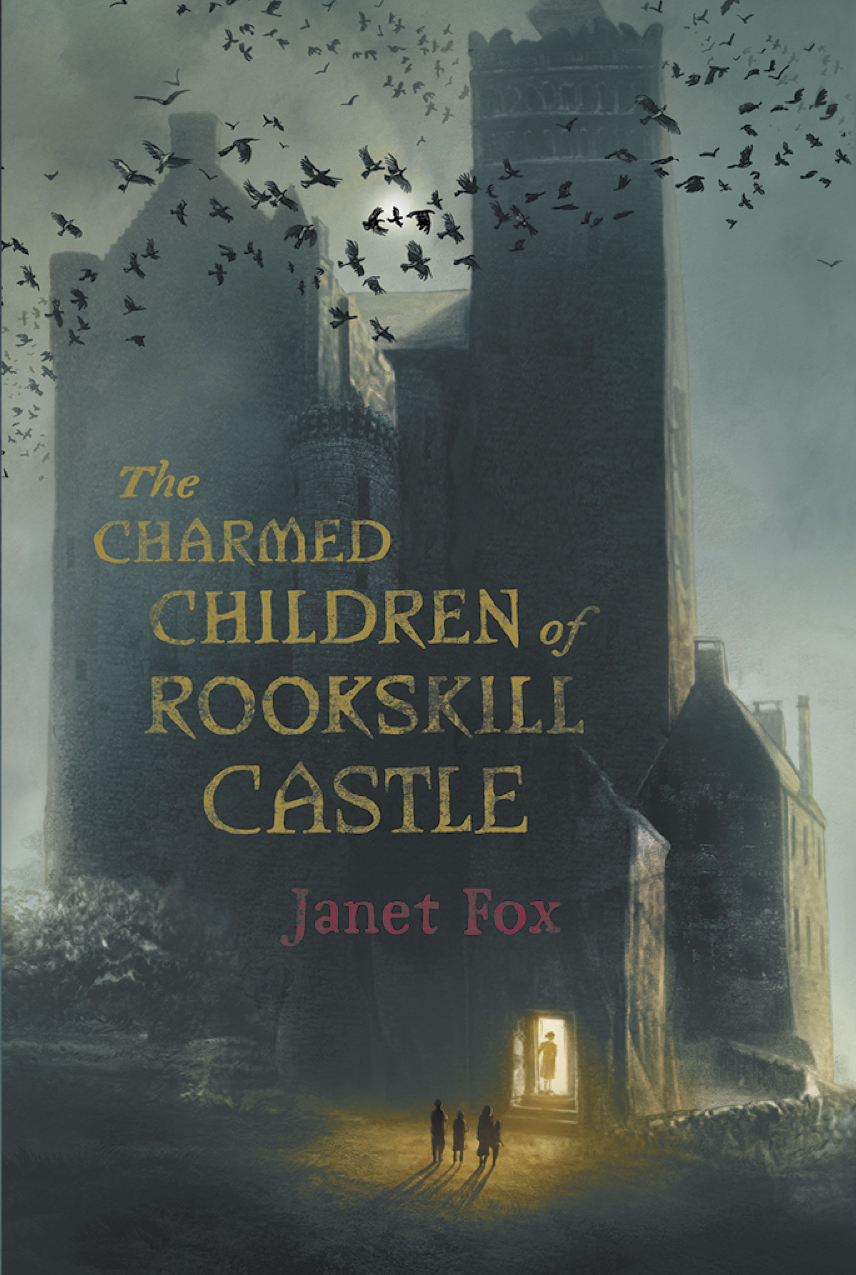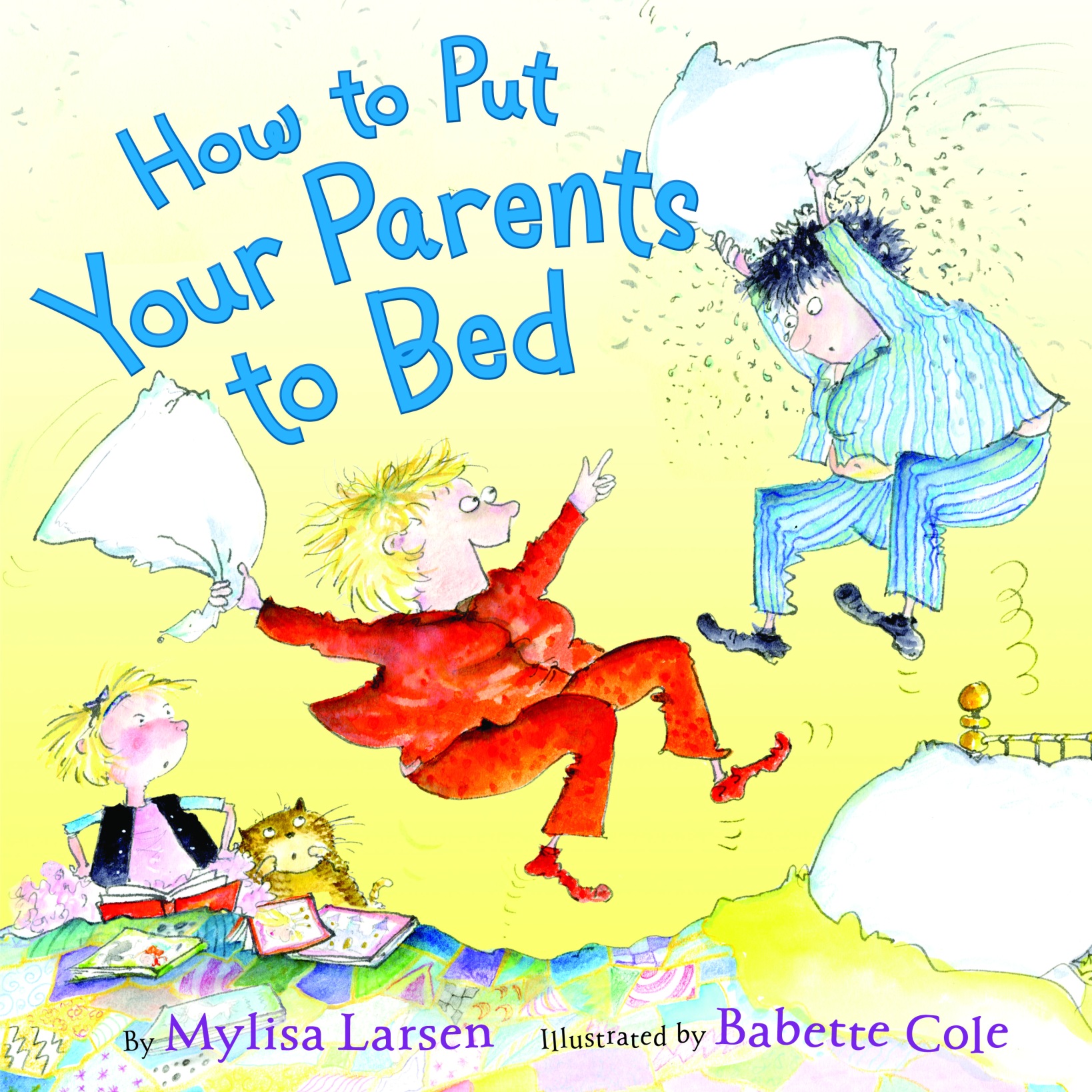 There are exactly 320 days left until my debut book, FLYING THE DRAGON, releases on July 1, 2012. (Not that I’m counting, mind you.) Before I wrote the first words of this book, I knew it would be about a kid who moves to the U.S. and doesn’t speak English. I wanted to hand my ESL students a book about a character who struggles with the same issues they do—culture shock, missing home, learning a new language, feeling out of place, and ultimately finding where they fit in with new friends, a new school and a new country. Once July 1, 2012 rolls around, how will I connect my book with kids outside of my school?
There are exactly 320 days left until my debut book, FLYING THE DRAGON, releases on July 1, 2012. (Not that I’m counting, mind you.) Before I wrote the first words of this book, I knew it would be about a kid who moves to the U.S. and doesn’t speak English. I wanted to hand my ESL students a book about a character who struggles with the same issues they do—culture shock, missing home, learning a new language, feeling out of place, and ultimately finding where they fit in with new friends, a new school and a new country. Once July 1, 2012 rolls around, how will I connect my book with kids outside of my school?
A few weeks, ago, I wrote a guest post on Cynsations–the fabulous blog of super author and super nice person Cynthia Leitich Smith–about teacher’s guides and how to get your book noticed by teachers and librarians.
If you’re planning on reaching out to schools (with or without a curriculum guide), I’ve got some questions for you.
1. What’s your book’s “kid” hook?
We hear so much about hooks, those one-liners that answer the question: What’s your story about? If you’ve got a good hook, you’re sure to catch an agent’s or editor’s attention. But as a teacher and librarian, I want to know more than just what your book is about; I want to know what’s in it for the reader. Will it help a kid understand the Civil War? Shakespeare? Patterns? Will it help the kid who’s just moved to a new school? The kid who’s being bullied? The kid who’s struggling with losing a best friend?
 2. Once you’ve identified your book’s kid hook, how does it tie in to your state’s curriculum?
2. Once you’ve identified your book’s kid hook, how does it tie in to your state’s curriculum?
I guarantee that your book has ties to the curriculum, even if you don’t write historical fiction or books about kid scientists. Really. Does your book have a setting? Conflict? Character development? Have you used simile and metaphor? Sensory description? Then your book ties into the curriculum of all 50 states, and even the U.S. Territories. I promise. Most people think of the school subjects as math, social studies, science and language arts (reading, writing, and oral communication)—but there’s also a health curriculum in every state that covers things like bullying, eating disorders, friendship, family issues, and the list goes on.
3. What kind of information will you send to schools about your book and school author visits?
Teachers and librarians will want to know specifically how your book and/or presentation ties into their curriculum.
Know the name of your state’s learning standards, and find out if your state aligns their Language Arts and Math standards to the national standards, called the Common Core Standards. If they have, find out if they still teach their state standards, as well. While most states have agreed to implement the national standards, many No Child Left Behind standardized tests still cover state standards.
For example, let’s say you plan on talking about revision in your school author visit program. Fine. Down in Texas, they expect their kindergarteners to “revise drafts by adding details or sentences” (Texas Essential Knowledge and Skills). Over in Maryland, kindergarteners “use descriptive words and other details to expand and improve student’s own writing” (Maryland Common Core Curriculum Frameworks).
 Want to talk about sensory writing? Great! Kids in Virginia “identify sensory words” (Virginia Standards of Learning), while up in New Jersey, they “use concrete words and phrases and sensory details to convey experiences and events precisely” (New Jersey Core Curriculum Content Standards).
Want to talk about sensory writing? Great! Kids in Virginia “identify sensory words” (Virginia Standards of Learning), while up in New Jersey, they “use concrete words and phrases and sensory details to convey experiences and events precisely” (New Jersey Core Curriculum Content Standards).
Will you be talking about the writing process to high schoolers? In Montana, teens “strengthen focus through various pre-writing activities, organizational structures and revision strategies” (Montana Essential Learning Expectations), while their peers out in Massachusetts “develop and strengthen writing as needed by planning, revising, editing, rewriting, or trying a new approach, focusing on addressing what is most significant for a specific purpose and audience” (Massachusetts Curriculum Frameworks).
You get the idea.
Now picture a teacher walking up to the school librarian and saying, “I’m looking for a book about___________________________,” or: “I need a book for a kid who ________________________.”
If that teacher were looking for your book, how would this conversation go?
Once you fill in the blanks, you’re on your way to connecting with teachers, librarians, and kids.


